
The Illustrated Practical Guide to Gardening for Seniors: How to Maintain a Beautiful Outside Space with Ease and Safety in Later Years, with 900 Photographs
Book
Tending our gardens is a lifelong pleasure. As we age, our energy and physical abilities become more...
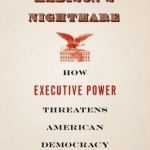
Madison's Nightmare: How Executive Power Threatens American Democracy
Book
The George W. Bush administration's ambitious--even breathtaking--claims of unilateral executive...
Beyond Wilderness: The Group of Seven, Canadian Identity, and Contemporary Art, New Edition
Book
-The great purpose of landscape art is to make us at home in our own country- was the nationalist...
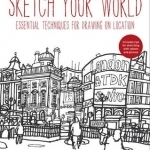
Sketch Your World: Drawing techniques for great results on the go
Book
Packed with accessible tutorials and inside tips and advice from contemporary artists, Sketch your...
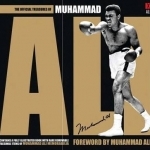
The Treasures of Muhammad Ali
Gavin Newsham and C. Muhammad ali enterprises ll
Book
Muhammad Ali was not only the greatest heavyweight boxer ever to have stepped into the ring, he was...
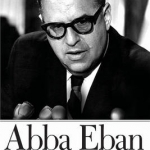
Abba Eban: A Biography
Book
A skilled debater, a master of language, and a passionate defender of Israel, Abba Eban's diplomatic...
![The Thing About Work: Showing Up and Other Important Matters [A Worker's Manual]](/uploads/profile_image/b74/d8b3cfa3-8978-4736-b1d2-1de570993b74.jpg?m=1522325493)
The Thing About Work: Showing Up and Other Important Matters [A Worker's Manual]
Book
* Why does a CEO who has already made hundreds of millions of dollars continue to work? * Why does a...

The Class: Living and Learning in the Digital Age
Sonia Livingstone and Julian Sefton-Green
Book
An intimate look at how children network, identify, learn and grow in a connected world. Read Online...
Brian Fallon recommended track Just Like a Woman by Bob Dylan in Bootleg Series, Vol. 4: The "Royal Albert Hall" Concert by Bob Dylan in Music (curated)
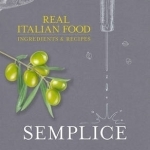
Semplice: Real Italian Food: Ingredients and Recipes
Book
Dino Joannides is a consummate food fanatic and bon Viveur. With an Italian mother and half Greek...

